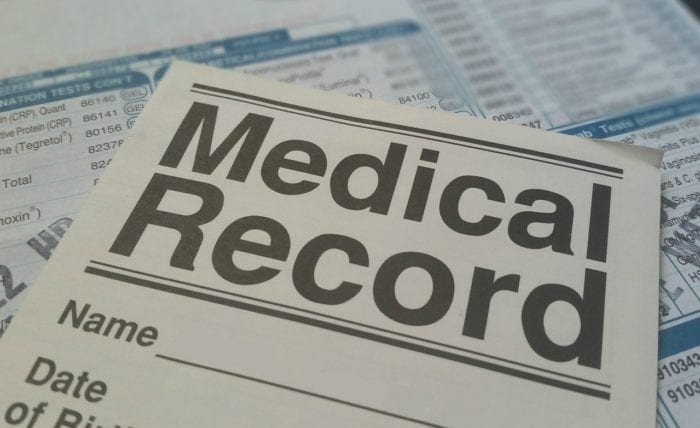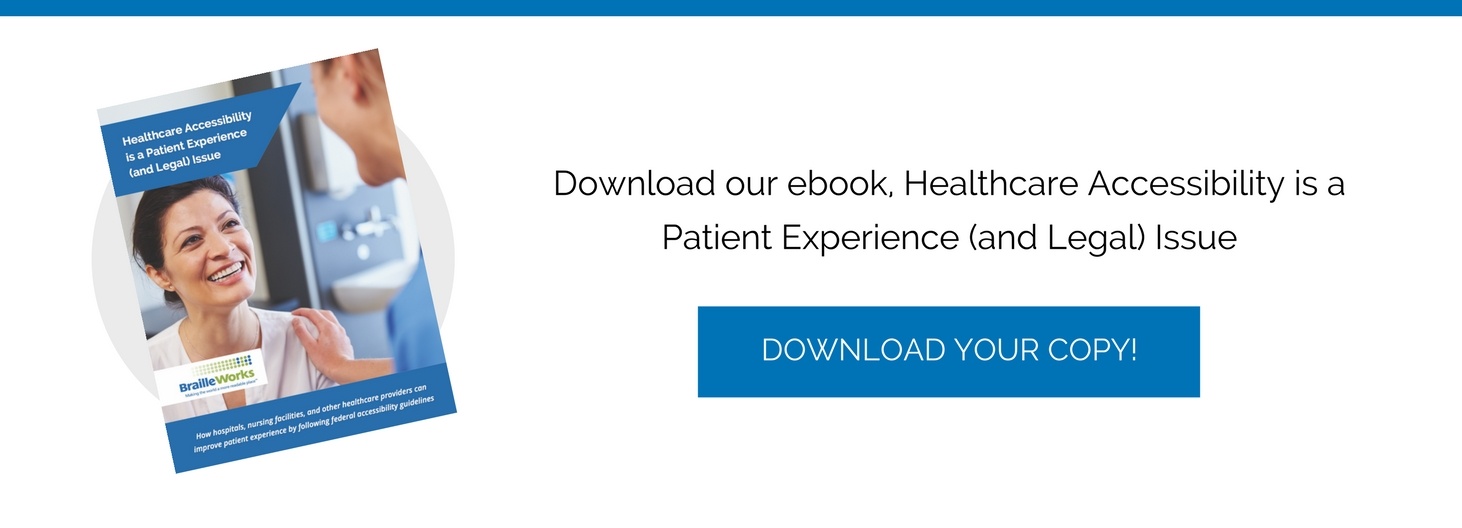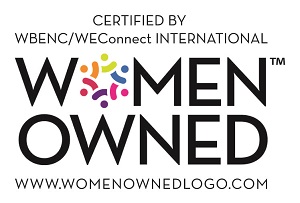5 Accessibility Issues That Are Also HIPAA Violations
Published on
If there’s one industry where accessibility is critical, it’s healthcare. Providing accessible patient forms, information and other documents not only affects the patient experience, it also may keep your organization from unintentionally committing a Health Insurance Portability and Accountability Act (HIPAA) violation.
Accessibility & HIPAA Violations
How can a lack of accessibility in your hospital or healthcare facility result in a HIPAA violation? Here are a few ways:
Lacking an Accessible HIPAA Form
According to the U.S. Department of Health and Human Services, “Health plans and covered health care providers are required to develop and distribute a notice that provides a clear explanation of these rights and practices.” This means healthcare facilities must provide a HIPAA notice in a format that the patient can read, including accessible formats such as braille, large print, and audio. The inability to provide this form in multiple accessible formats is both an accessibility issue and a HIPAA violation.
Sharing Medical Information with Family Members
When a patient is blind or visually impaired, some medical facilities ask that a family member sign forms and review information on the patient’s behalf. Unless a patient has designated that person as an advocate, sharing medical information with a family member of a person with a visual disability is a HIPAA violation. It also removes the patient’s independence and treats them as if they’re a minor.
Remember, there’s an ethical obligation to treat every patient with respect and dignity. That includes respecting the independence and capabilities of patients with visual disabilities. Rather than insisting a patient with blindness use an advocate, ask their preference.

Reading Protected Health Information (PHI) Out Loud
When accessible documents aren’t available, some healthcare staff offer to read the information out loud. While this is already a potentially negative experience for a patient with blindness or visual impairment, it can become a HIPAA violation if others are within earshot. For example, reviewing PHI in a waiting room, hallway, or even a shared hospital room, is a clear violation of HIPAA.
The review of sensitive PHI with a patient who is blind or visually impaired should occur in an office or a private room. Furthermore, make sure the door is closed.

Placing Signs about Patients in Public Areas
Braille Works cofounder, Lou Fioritto, shared his experience at a local hospital with us. The staff put a sign on the outside of his door indicating he is a person with blindness. However, the good intentions behind this sign violated his privacy. Sharing medical information with the public, even through a simple sign, is a HIPAA violation. It also could invite further violations, if someone were to enter the room and access a patient’s data without their knowledge.
It’s best to hang signs like this above a patient’s bed or elsewhere inside their room where it’s not visible to the public. This will help facilities avoid HIPAA violations and respect their patient’s privacy.
Find the Right Accessibility Partner
Your organization has decided to provide accessible healthcare documents. That’s great! Now you need to make sure the vendor you choose doesn’t expose you to a HIPAA violation. So, ask questions about their security, storage, and printing procedures. Do they outsource? Do they transmit data across unsecured online connections? Look for a company with a strong reputation for security, confidentiality, and accuracy.
Remember, many of your patients with visual disabilities have already learned to live independently. Communication is key. Ask your patients with visual disabilities individually how they prefer to communicate sensitive information and which accessible document formats they prefer. Check-in with them at each visit to make sure nothing has changed. Respect and empower their independence with accessible documents and secure communications.
Originally published July 20, 2017
Categorized in: Health and Wellness
This post was written by



Comments are closed here.